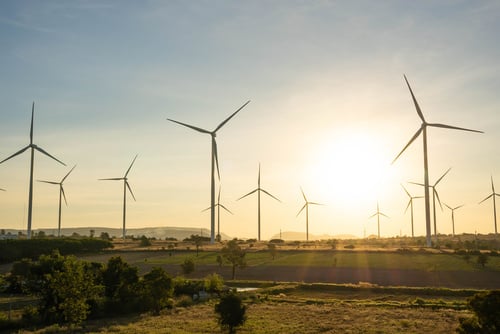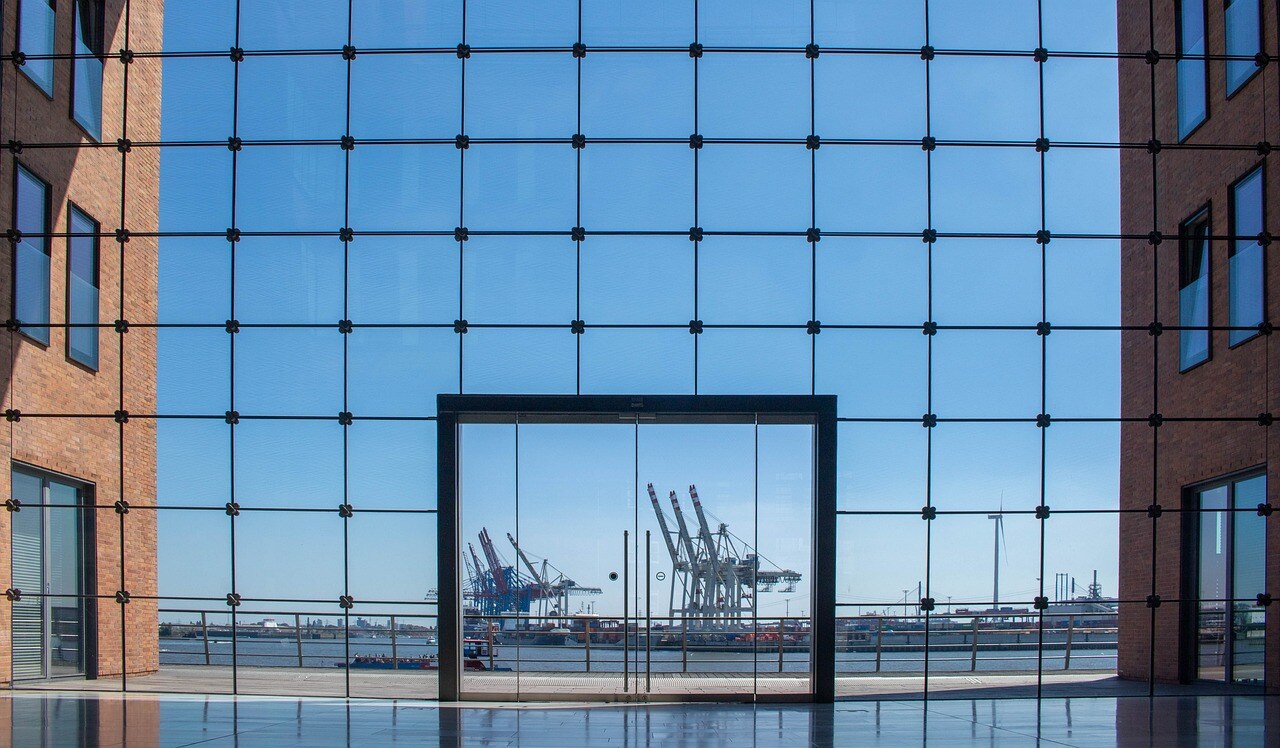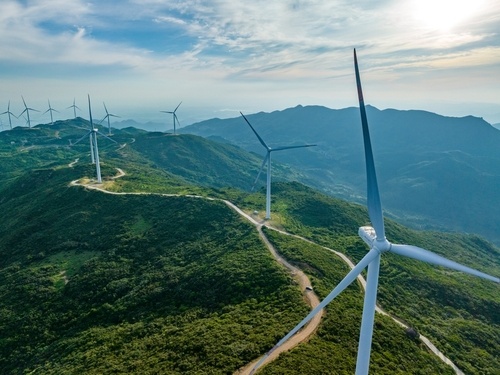Budget
Philip Hammond delivered his latest statement to Parliament
Just six months on from the last Budget, Chancellor Philip Hammond delivered his latest statement to Parliament last week, with several announcements relating to energy and the environment.
The Autumn Budget – the first since June’s snap general election – included details on various aspects, like taxes on diesel engines and single-use plastics and funding for clean air and greener initiatives. However, there were still a few key areas that didn’t get a mention like long-term plans for renewables.
Here we’ve taken a brief look at what environmental and energy-related points the Autumn Budget touched on, as well as what was left out.
Tax breaks for the North Sea oil & gas
Reports leading up to Budget Day suggested that the Chancellor may introduce tax breaks for the oil and gas industry in the North Sea. Sure enough, Mr Hammond confirmed this speculation to include some tax relief for companies in the region.
Operations have begun to wind down in the North Sea, leading to a reduction in newer investments. The introduction of what the Chancellor calls “an innovative tax policy” aims to encourage “fresh investment to a basin that still holds up to 20 billion barrels of oil.”
Carbon price floor freeze
In order to meet climate change pledges, green campaigners had been calling for plans to maintain a suitable carbon price. The government had already announced last year that the minimum cost for greenhouse gases emitted would be frozen until the year 2020.
During the Budget statement, it was also revealed that Total Carbon Price would remain the same. This allows the carbon price to remain stable without greatly limiting costs on businesses until coal is no longer a necessity.
Climate Change Levy (CCL)
Budget 2016 announced the rebalancing of gas and electricity main rates; the government will set CCL main rates for the years 2020-21 and 2021-22 at Budget 2018. In addition, and to ensure better consistency between portable fuels for commercial premises not connected to the gas grid, the government will freeze the CCL main rate for LPG at the 2019-20 level until April 2022.
To ensure that the CCL exemptions for businesses that operate mineralogical and metallurgical processes remain operable after the EU exit, the government will clarify the definition of the exemptions in Finance Bill 2018-19. The revised definition will also ensure that the exemptions work better in landlord-tenant situations.
Dealing with plastic waste
On the subject of the environment, the Chancellor gained ground by referring to the BBC’s current series of Blue Planet II, noting that it was a stark reminder for every one of the problems surrounding plastic pollution. He, therefore, announced investigating taxation and charges on single-use plastics in an effort to reduce waste.
The government hopes to build on the success of the 5p carrier bag charge by beginning to seek consultation in 2018. This will likely lead to manufacturers and retailers looking at cheaper and more sustainable methods of packaging for food, clothing and electronics in the future.
Funding and taxes on various vehicles
When it comes to vehicles, the Budget announcement saw a few ups and downs. Looking ahead to the future of electric vehicles, new funding is being allocated to research and development, as well as implementing infrastructure for charging points. Meanwhile, a freeze on fuel duty doesn’t quite encourage motorists to start making the change just yet.
On the flip side, taxes will be raised for diesel cars. New diesels not meeting the latest standards and existing diesel company cars can expect to see certain increases. The moves aim to encourage manufacturers to make progress on next-generation clean diesel engines, which won’t be affected.
Additional funding for a greener future
It was confirmed that the increased tax revenue from those diesels will contribute towards funding action on better air quality. This will help the government to keep on track with its pledge to its ongoing Air Quality Plan.
The latest Budget outlines a £220 million commitment to a new Clean Air Fund. This is intended to build on the government’s existing plans, improving the air quality and combatting pollution in heavily populated towns and cities.
What was missing from the Budget
Earlier in the year, the Spring Budget outlined plans for scrapping the Levy Control Framework with new controls to be set out later in the year. However, no such details emerged in this Budget statement. Green experts and members of the public had also hoped for a possible diesel scrappage scheme, which hasn’t materialised.
Other points that hadn’t been touched upon during the Autumn Budget include potential tax reductions on solar energy battery storage, additional support for on-shore wind generation and other actions towards boosting energy efficiency. The future impacts of Heathrow Airport’s expansion and the Swansea Bay Tidal Lagoon on the environment have also gone unmentioned.
Reactions
The prospect of increased action to cut down on plastics has been overwhelmingly praised by various energy associations and environmental groups. Many believe it will be interesting to see how tax systems will be implemented to combat the use of non-recyclable plastics and how the change may affect consumers as well as businesses.
Other aspects, like the freezing of fuel duty and approaches to tackling air quality, have drawn criticism for not being as good as they could be. Similarly, commitments to the future of electric vehicles have been well-received, but somewhat overshadowed by the lack of further support for new projects beyond 2020.






